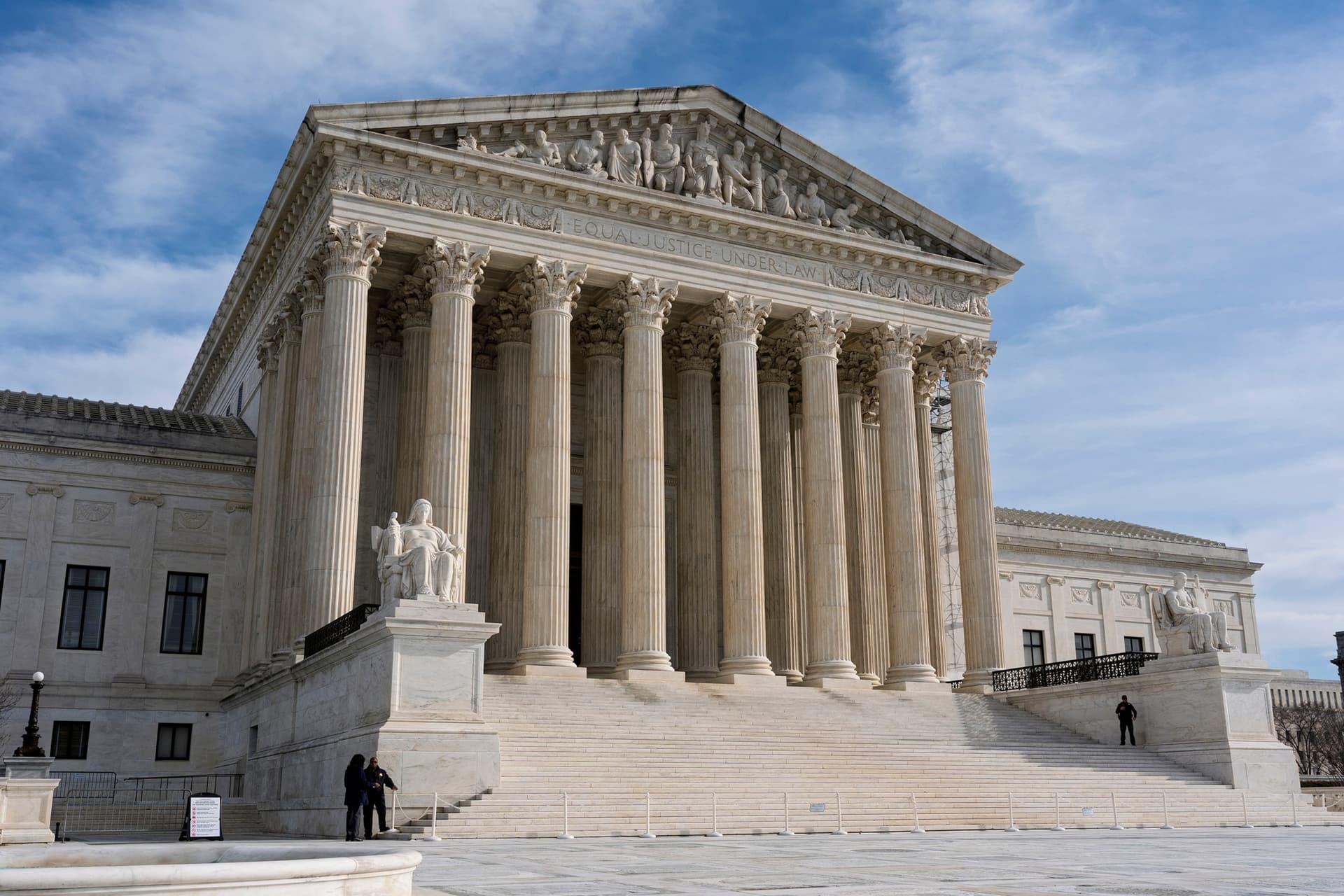Supreme Court Pauses Order on Texas Congressional Map, Keeps Status Quo
The Supreme Court temporarily stayed a lower court ruling that had found Texas' new congressional map likely constituted an unlawful racial gerrymander, preserving the map while the court reviews emergency appeals. The move, issued by Justice Samuel Alito on November 22, allows state officials to keep the map in place as they pressed urgency tied to candidate filing deadlines for the 2026 midterm elections.

The Supreme Court on November 22 temporarily blocked a lower federal court order that had concluded Texas' newly enacted congressional map was likely an unlawful racial gerrymander. Justice Samuel Alito, acting on emergency appeals from the state, issued the stay to give the high court time to consider Texas' request that the map remain in place while appeals move forward.
The pause preserves the status quo as the parties prepare further briefing and as the court weighs whether to take up the case with the full bench. Challengers to the map were ordered to respond quickly to the emergency application, a procedural step that sets a rapid timetable for what could become a consequential constitutional battle over representation in one of the nation's largest states.
The lower three judge panel had found that the map likely targeted communities of color in a manner that violated federal protections against racial discrimination in voting. That decision prompted immediate legal and political fallout because the redrawn districts could shift multiple House seats toward Republicans in coming elections. Texas officials argued that the stay was necessary to avoid chaotic disruptions to the election calendar, noting that candidate filing deadlines for the 2026 midterm elections are approaching.
The dispute has implications far beyond party control of Congress. Congressional maps shape which communities have a voice in setting federal priorities that directly affect public health and social equity. Representation determines who sits on committees that oversee Medicaid policy, public health funding, disaster relief, and environmental protections. When districts are drawn in ways that dilute the voting strength of communities of color, those communities can find it harder to secure resources for clinics, lead remediation, maternal health programs, and other services that influence long term health outcomes.
Advocates on both sides framed the case in stark terms. Critics of the map warned that a ruling allowing racially discriminatory lines to stand would undermine decades of progress on voting rights and deepen disparities in access to health care and government services. Supporters of the map emphasized state control over redistricting and warned that last minute upheaval could leave candidates and election administrators without clear rules.
The Supreme Court's temporary order does not resolve the underlying question of whether the map intentionally discriminates on the basis of race or unlawfully dilutes minority voting strength. It simply maintains the map until the justices can consider the legal arguments and decide whether to lift the stay or take the case for full review.
For communities in Texas, the stakes are immediate and practical. Local leaders and health providers must plan for budgets and services based on expected federal support. Voters face uncertainty about which district they will inhabit and which representatives will advocate for priorities such as Medicaid expansion, rural hospital funding, and community health investments.
As the calendar accelerates toward 2026, the legal fight over Texas' congressional lines will test the courts' willingness to police racial gerrymandering while balancing the logistical realities of election administration and the broader public interest in stable, equitable representation.


